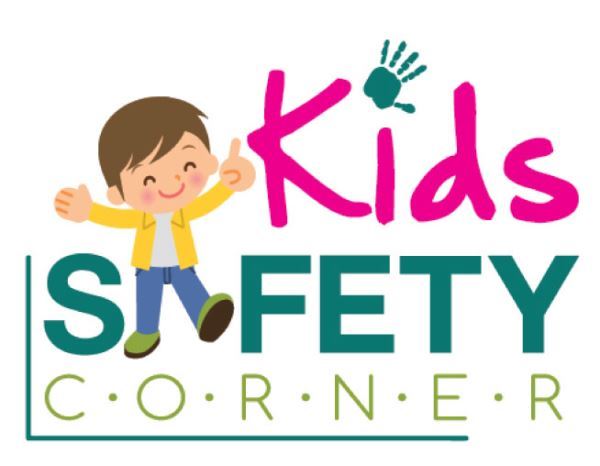
Keep Your Family Safe from Fire
Keep Your Family Safe from Fire
Submitted by Bingham Healthcare Family Medicine
Cooking and heating are the leading causes of home fires and fire injuries, and November and December are peak months for fire-related deaths, according to the National Safety Council. With the holidays right around the corner and the chilly winter weather upon us, now is the perfect time to review and practice fire safety.
Here are some tips to prevent accidental fires:
Hide matches and lighters. Store matches, lighters and ashtrays out of your child’s sight and reach or lock them in a cabinet.
Be careful with candles. Keep burning candles out of reach of children, and extinguish candles before leaving the room.
Take care with cigarettes. Don’t smoke in the house—especially in bed. If you do, use deep ashtrays. Empty them frequently and douse with water before disposing of ashes.
Use space heaters wisely. Keep space heaters at least 3 feet (about 1 meter) away from bedding, drapes, furniture, and other flammable materials. Never leave a space heater on when you go to sleep.
Keep your fireplace clean. An annual cleaning and inspection of a fireplace and chimney can help prevent a chimney fire.
Store flammable materials. Store flammable liquids tightly sealed in original containers, out of reach of children and away from sources of heat or flames.
Never leave a room unattended when candles, fireplaces, or heaters are in use.
Fire emergency plan
Here are some simple ways to prevent injury if a fire occurs:
Install smoke alarms. Install at least one smoke alarm on each level of your home inside and outside of all sleeping areas. Clean alarms monthly and push the button on the alarm every month to make sure it works. Use long-life batteries or change them at least once a year. Replace smoke alarms that are more than 10 years old.
Learn to use a fire extinguisher. Keep a working fire extinguisher in your home. Place it high on a wall near an exit. Learn how to use the device properly.
Teach children to stop, drop and roll. Teach children what to do if their clothes catch on fire. Stop immediately and don’t run; drop to the floor and cover the face with hands; and roll on the floor to put out flames.
Practice an evacuation plan. Create an evacuation plan and practice it every six months. Determine two ways to exit each room and where to meet outside. Don’t use lockable doorknobs on a child’s bedroom. Teach your children to leave a smoky area by crawling on the floor.
We’ve Got You Covered!
All of us at Bingham Healthcare wish you and your loved ones have a safe and happy Halloween. However, even when all attempts for safety are made, accidents can happen.
If you are a loved one need medical care that does not require a trip to the ER, all of our urgent cares throughout Eastern Idaho are currently open. However, for non-emergent situations, Bingham Healthcare has four urgent cares at the following locations:
BLACKFOOT
1st Choice Urgent Care & Family Medicine
Riverside Plaza (across from McDonald’s)
1350 Parkway Dr.
Blackfoot, ID 83221
(208) 782-2410
IDAHO FALLS
Ammon Medical & Urgent Care
3456 E. 17th St., Suite 125
(located near the corner of 17th St. and Ammon Rd.)
Ammon, ID 83406
(208) 529-2828
TWO LOCATIONS IN POCATELLO
1st Choice Urgent Care – Bannock Highway
1595 Bannock Highway
Pocatello, ID 83204
(208) 239-6511
1st Choice Urgent Care
850 Yellowstone Ave.
Pocatello, ID 83201
(208) 239-8065
SHELLEY
275 West Locust
Shelley, ID 83274
P: (208) 357-3960
All Urgent Cares Hours of Operation
Mon. to Fri.: 8 a.m. to 8 p.m.
Sat. & Sun.: 10 a.m. to 6 p.m.
Learn more about when it’s best to visit the ER or Urgent Care
Content source: MayoClinic.org
Our content is reviewed regularly and is updated when new and relevant evidence is made available. This information is neither intended nor implied to be a substitute for professional medical advice. Always seek the advice of your physician or other qualified health provider prior to starting any new treatment or with questions regarding a medical condition.
Return to Articles


